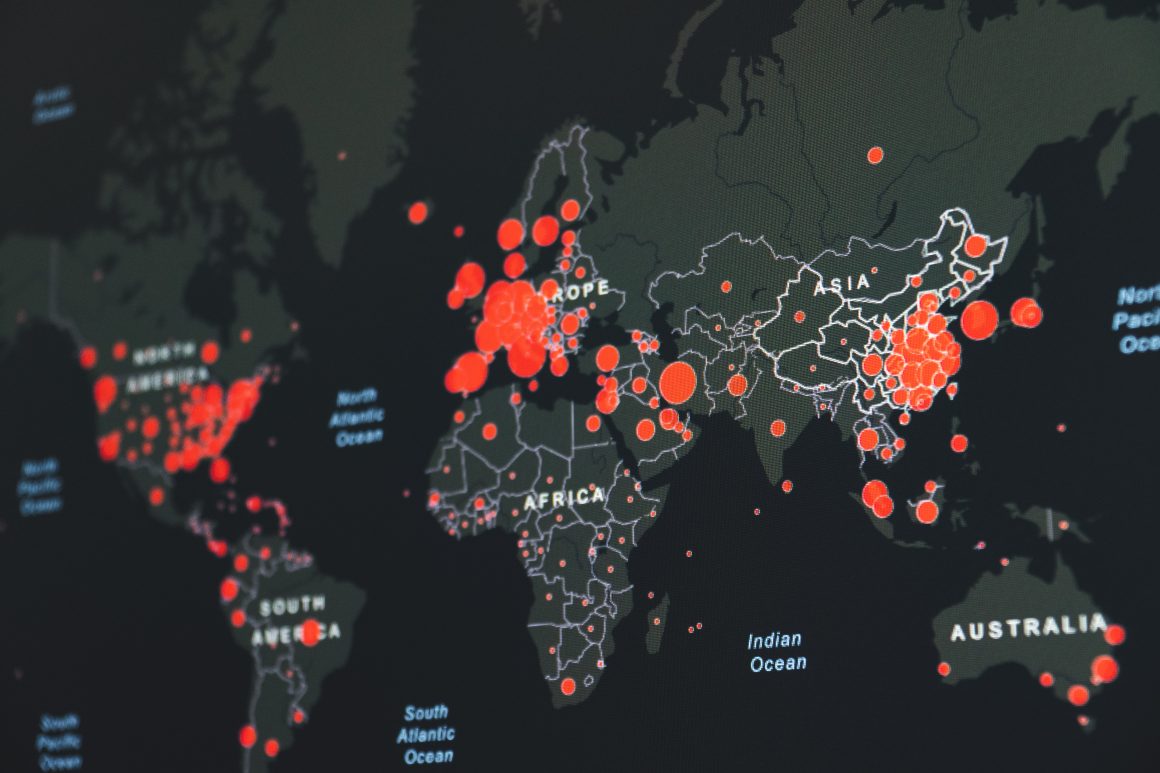
The global responsibility of individual nations during COVID-19
By Nimra Amir, June 24 2021—
Tedros Adhanom Ghebreyesus, the director-general of the World Health Organization (WHO), cautioned earlier in January that the world was “on the brink of a catastrophic moral failure” since wealthier nations began to hoard the available COVID-19 vaccines. This presents a direct repetition of the events which occurred throughout the 2009 influenza pandemic. In both cases, the fate of the world is decided upon by a few nations with nearly all the world’s vaccines.
“The price of this failure will be paid with lives and livelihoods in the world’s poorest countries,” Ghebreyesus said.
Months later, Ghebreyesus stated in his opening remarks that this warning had come to fruition as over 87 per cent of the COVID-19 vaccine doses have been administered in high-income and upper-middle-income nations — while the poorest nations only have 0.2 per cent.
Wealthier nations such as Canada have even started to vaccinate their low-risk populations — namely, children as young as 12 years old, who are very unlikely to develop severe cases of COVID-19. While vulnerable groups such as health care workers and elders in poorer nations are still unprotected and continue to be disproportionately burdened by the pandemic with no noticeable end. Yet if all vaccines administered globally so far were distributed equitably without the hoarding by a few wealthy nations, then the high-risk population all around the world could have been protected.
While this “scandalous inequity” was criticized once more by Ghebreyesus during his opening speech at the World Health Assembly on May 24, these disparities in global health are not new. Vaccines and drugs are often unattainable to the vast majority of people in need of them. The COVID-19 crisis has just been another instance in which these inequities are highlighted. Considering that while the WHO is still recording nearly 5 million cases and more than 80,000 deaths every week globally — wealthier nations can return to normality through vaccinations.
The ethical argument regarding the hoarding of vaccines aside, there lies a pragmatic reason in distributing COVID-19 vaccines equitably as well. No nation can be secure in their safety if the pandemic continues to exist elsewhere, presenting the risk of not only reintroduction but the spawning of potentially more dangerous viral mutants. If the COVID-19 pandemic is undealt within its entirety, it will keep threatening vaccine protection.
The focus then should be to boost global immunity to fully end the global pandemic, rather than protecting just a few privileged nations while disregarding the needs of the rest of the world. Decisions must be made on who is prioritized for the COVID-19 vaccine established from who is more likely to develop severe cases of COVID-19 — possibly leading to death. Whether that person is from a wealthy nation or not should hold no weight in this process.
While the COVID-19 Vaccines Global Access (COVAX) Facility — a non-profit purchasing shots in bulk at a discount — was able to distribute the vaccines to the world’s most resource-strapped nations, its supply has been ultimately inadequate in the long run. The 72 million COVAX doses shipped so far have barely covered one per cent of the combined population of 125 receiving countries, according to Ghebreyesus. These matters have only worsened as the main supplier for COVAX based in India has announced that it is freezing exports until at least the end of the year while they are shifting their focus on its domestic population. COVID-19 has impacted India with great force recently, resulting in more deaths in India per week than Canada has recorded in the past 14 months. This has brought the Indian healthcare system to a near-total collapse.
Despite the Canadian and British governments being firm that they were unable to share vaccines as of late, the rest of the G7 nations have all committed to donating vaccines. Following the G7 leaders’ summit British Prime Minister Boris Johnson announced that by the end of 2022, Britain will donate 100 million doses, with five million doses going to the poorest countries by the end of September this year.
“In doing so, we will take a massive step towards beating this pandemic for good,” Johnson said in a statement on Thursday.
Shortly after, Canada had announced to contribute an additional 100 million doses of the COVID-19 vaccines to poorer nations, totaling a pledge by the G7 nations to supply at least one billion doses to other nations. The majority of these G7 contributions, including Canada’s, will be sent to COVAX.
Nonetheless, this pledge is held as problematic by some who denote that it will take almost 11 billion doses to vaccinate everyone.
“If the best G7 leaders can manage is to donate one billion vaccine doses, then this summit will have been a failure,” said Anna Marriott, Oxfam’s health policy manager said.
While this is a step in a positive direction, it is not merely enough. In order for real meaningful change to occur it is up to these wealthy nations to take further action in the global community.
This article is part of our Opinions section and does not necessarily reflect the views of the Gauntlet’s editorial board.
